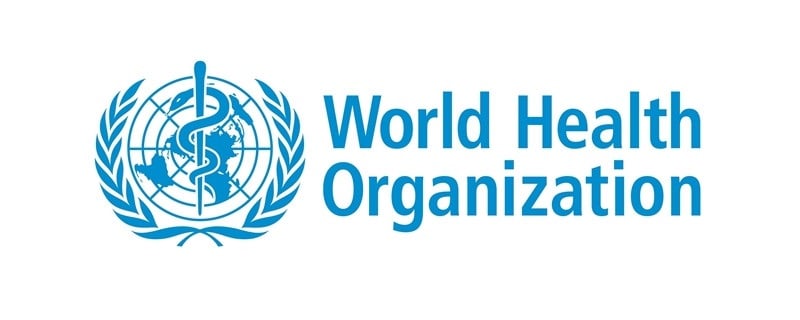The World Health Organization has granted 16 million dollars from the WHO Contingency Fund for Emergencies to fight cholera.
Dr. Tedros Ghebreyesus, director-general of the WHO, announced this during an online press conference.
According to Ghebreyesus, the group was providing essential supplies, coordinating the on-the-ground response with allies, helping countries identify, prevent, and treat cholera, and instructing people on how to keep safe.
We requested 160 million dollars to support this effort in addition to releasing more than 16 million dollars from the WHO Contingency Fund for Emergencies.
“But the real solution to cholera lies in ensuring everyone has access to safe water and sanitation, which is an internationally recognized human right,” he said.
According to him, in the previous week, WHO published new data showing that cases reported in 2022 were more than double those in 2021.
He said that the preliminary data for 2023 suggested was likely to be even worse.
“So far, 28 countries have reported cases in 2023 compared with 16 during the same period in 2022.
“The countries with the most concerning outbreaks right now are Ethiopia, Haiti, Iraq and Sudan.
“Significant progress has been made in countries in Southern Africa, including Malawi, Mozambique and Zimbabwe, but these countries remain at risk as the rainy season approaches,” Ghebreyesus said.
According to him, the worst affected countries and communities are poor, without access to safe drinking water or toilets.
Over 300 Fuel Tankers Crashed In Lagos Last Year – Govt Reveals
He said that they also face shortages of oral cholera vaccine and other supplies, as well as overstretched health workers, who are dealing with multiple disease outbreaks and other health emergencies.
On COVID-19, Ghebreyesus said that as the northern hemisphere winter approaches, the organisation continued to see concerning trends.
He said that among the relatively few countries that report them, both hospitalisations and ICU admissions have increased in the past 28 days, particularly in the Americas and Europe.
WHO boss said that meanwhile, vaccination levels among the most at-risk groups remained worryingly low.
“Two-thirds of the world’s population has received a complete primary series, but only one-third has received an additional, or “booster” dose.
“COVID-19 may no longer be the acute crisis it was two years ago, but that does not mean we can ignore it,” he said.
According to him, countries invested so much in building their systems to respond to COVID-19.
He urged countries to sustain those systems, to ensure people can be protected, tested and treated for COVID-19 and other infectious threats.
“That means sustaining systems for collaborative surveillance, community protection, safe and scalable care, access to countermeasures and coordination,” he said.
NAN
Follow us on facebook
Post Disclaimer
The opinions, beliefs and viewpoints expressed by the author and forum participants on this website do not necessarily reflect the opinions, beliefs and viewpoints of Anaedo Online or official policies of the Anaedo Online.

